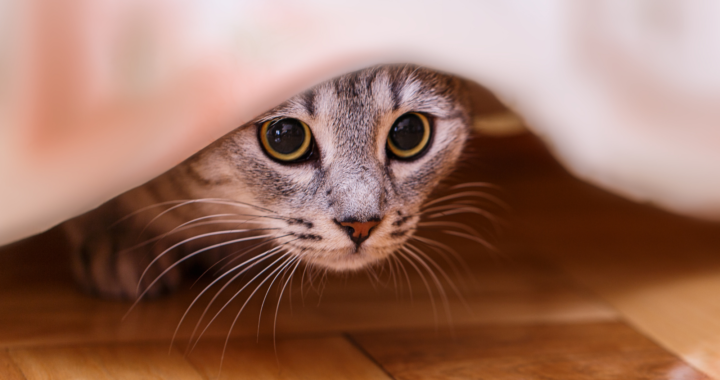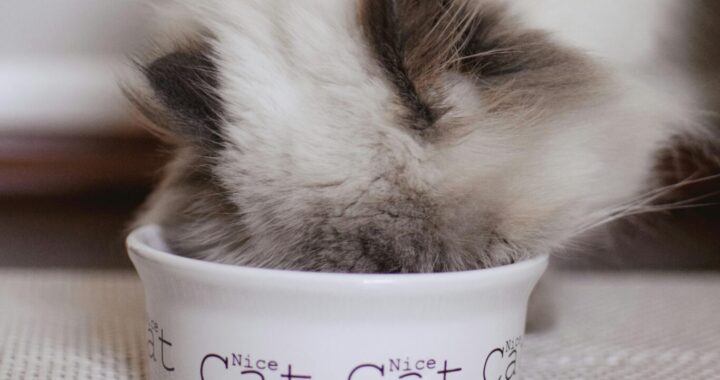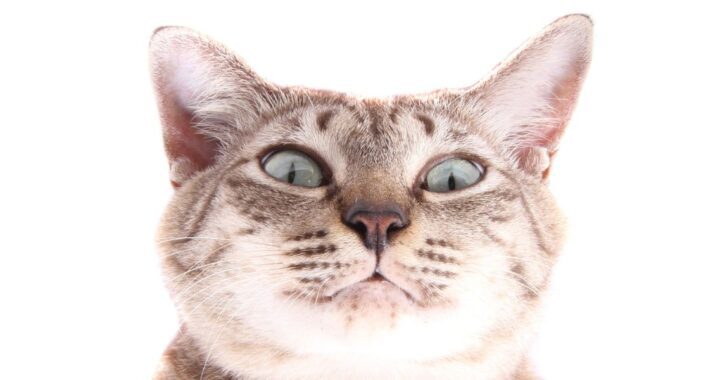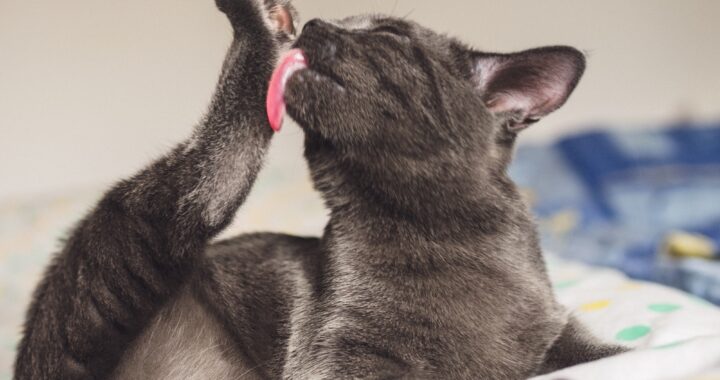They may not have bills or politics to worry about, but cats get stressed out sometimes, too. It’s a relatable problem and, just like with people, sustained stress can lead to health problems in cats.
It’s important to keep an eye on a kitty’s behavior, look out for common triggers, and alleviate stress when possible. For cats, routine is everything, so beware of major changes in their environment, such as a move, unfamiliar people visiting, the arrival of a newborn, etc.
Is your cat stressed? Look out for these changes in behavior.
1. Potty Problems
Your cat might start doing their business in new and inventive places, or they might stop pottying altogether. Talk to your vet immediately if you notice that your cat isn’t peeing, as this can be a sign of a serious illness called urethral obstruction.
2. Decreased Appetite
Eating less (or skipping meals altogether), is an important sign that your cat could be feeling stress or pain, or that there’s another serious problem.
3. Voicing Their Grievances
Some cats are just talkative, but if you notice your cat has been meowing for unusually long periods or at different times of day than usual, they might be trying to tell you something is wrong.
4. Aggression Issues
A cat that has suddenly become more aggressive might be acting out due to stress or an underlying health issue. Increased aggression is a sign you need to bring kitty in for a checkup at the vet.
5. Excessive Grooming
Cats are excellent at keeping themselves clean, but has your cat been going overboard with the licking lately? Are you noticing bald patches? This could indicate stress or another health issue such as a flea allergy.
6. Uncharacteristic Hiding
Some cats are solitary and anti-social, but most aren’t. If your typically interactive and affectionate cat becomes more removed, stress or another concerning condition is likely to blame. Again, a call to the vet is a good next step if you notice this behavior.
7. Panting
Unlike dogs, cats don’t normally pant. Panting in cats usually means a problem, and one that urgently needs veterinary evaluation and attention.
Which came first?
Stress is a two-way street – it can cause a wide variety of health issues in cats by compromising their immune system, but, on the flip side, a health issue can also be the primary cause of your cat’s stress.
If you think your cat might be stressed, we recommend discussing the issue with your veterinarian as soon as possible! If there’s an underlying health issue, it could be serious.




